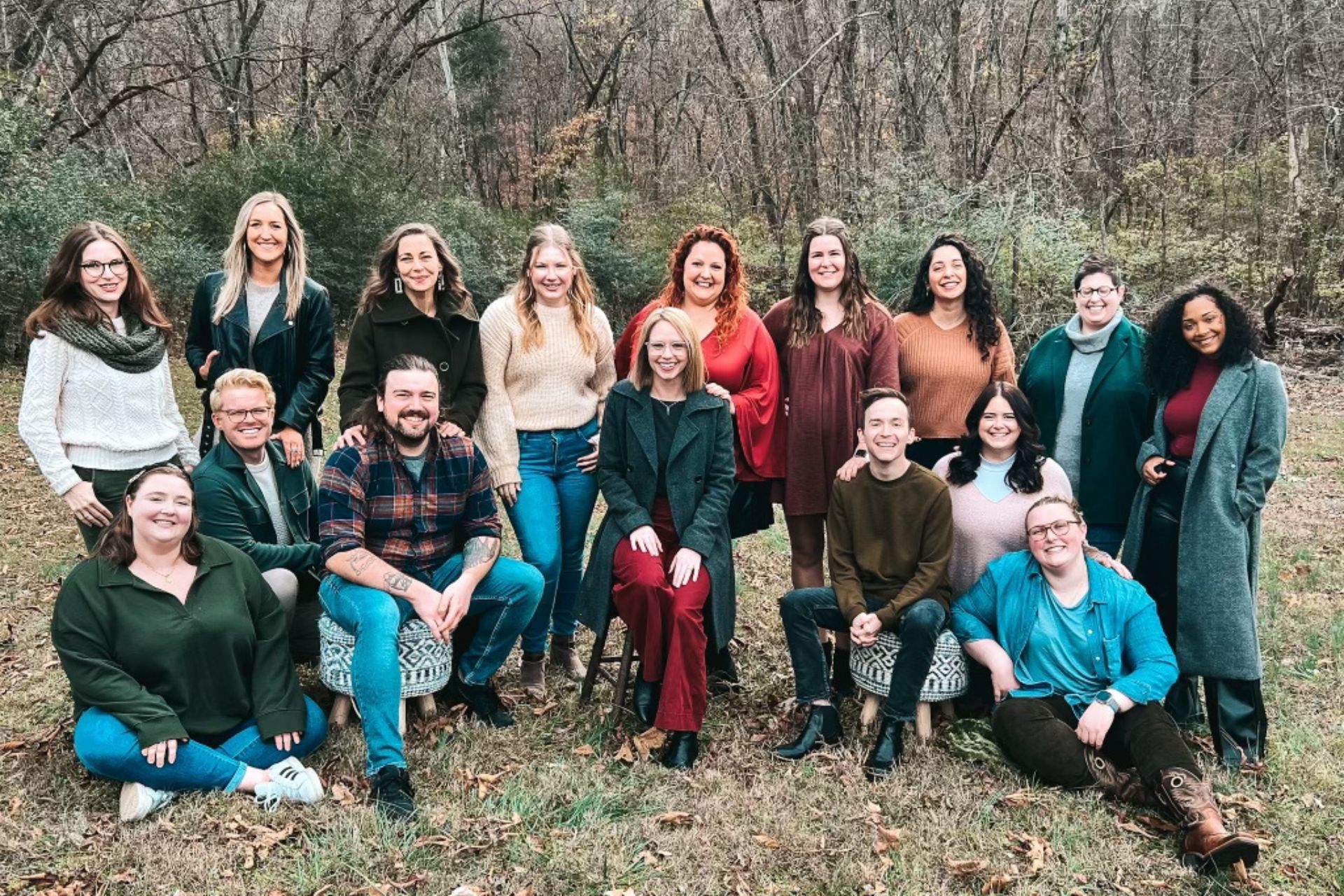Hello! I am Shelby, a licensed professional counselor who loves all things enneagram, and works with clients at The Works Counseling Center located in Nashville, TN.
How has your August been? This is a month that is often filled with transitions; going back to school, birthdays, and the beginning of the end of summer to make way for another fall. What transitions have you experienced recently? What helps you in seasons of transition? Today, we will transition in our series from our enthusiasts who we talked about last time, to our justice-oriented, challenger or protector archetypes; the enneagram eight. Please note that ‘challenger’ and ‘protector’ will be used interchangeably throughout this blog, both are used in reference to the enneagram eight.
If you are interested in reading previous blog posts on this subject or want to explore earlier numbers, please click here.
Disclaimer: This blog is not meant to be all-inclusive about this enneagram number, nor is it intended to replace or provide professional counseling services; this blog’s intended purpose is to provide an informal discussion on the enneagram as it relates to professional counseling and mental health. *
Let’s begin.
Referred to as the ‘challenger’ or ‘protector’ archetype, an individual who identifies with the enneagram eight is often justice-oriented, straight-forward and self-confident. Enneagram eights are commonly assertive individuals who have a strong sense of right and wrong, paired with a strong desire to create protection from injustice. At their best, protectors may use their justice-oriented mindset to protect others and promote equality for marginalized populations. At less healthy levels, protectors may become aloof and critical when experiencing feelings of threat. Famous examples of individuals who meet this archetype include Martin Luther King Jr, Toni Morrison, and Queen Latifah.
Enneagram eights are known to be the most independent archetype on the enneagram. However, no one is born fiercely independent. In fact, we are born just the opposite, completely dependent on our caretakers to help us survive and hardwired for connection. Therefore, someone who identifies with this archetype, likely learned in childhood that it was not safe to be fully vulnerable with others. It is common that a protector learned to associate healthy vulnerability with weakness. This can follow a protector into adulthood and show up as unhealthy coping mechanisms, such as: keeping relationships at a distance, resisting vulnerability, and at times, being perceived as confrontational.
When a challenger enters the counseling relationship, it is incredibly important to be mindful of their personal relationship with vulnerability. And to be fully transparent as a counselor who frequently uses the enneagram in therapy, I have not yet experienced a challenger in the counseling space. Is that because challengers do not go to therapy? No, but someone who identifies with this archetype may find it especially challenging to enter a therapeutic relationship if they are not already aware of their own relationship with vulnerability. It is a brave choice for anyone to enter a counseling space, and part of the brave choice for a challenger is taking the step to practice letting go of some of their strongly protective boundaries.
A message of affirmation and healing for our challengers: “There is strength in vulnerability.”
A challenge: To discern when it is safe and appropriate to lay down your armor.
Thank you, challengers, for your industriousness, your value of justice, and your innate desire to protect others. The world is better with you in it.
Let’s check in again soon.
Enjoying learning about the enneagram and want to know more? Please find book suggestions and references below.
Books:
The Road Back to You: An Enneagram Journey to Self-Discovery By Ian Morgan Cron and Suzanne Stabile
The Path Between Us: An Enneagram Journey to Healthy Relationships By Suzanne Stabile
References:
https://www.enneagraminstitute.com
https://www.truity.com
If you are interested in exploring the enneagram with professional therapy services or would like to work with a mental health professional, please contact The Works Counseling Center for more information.


